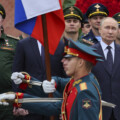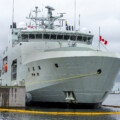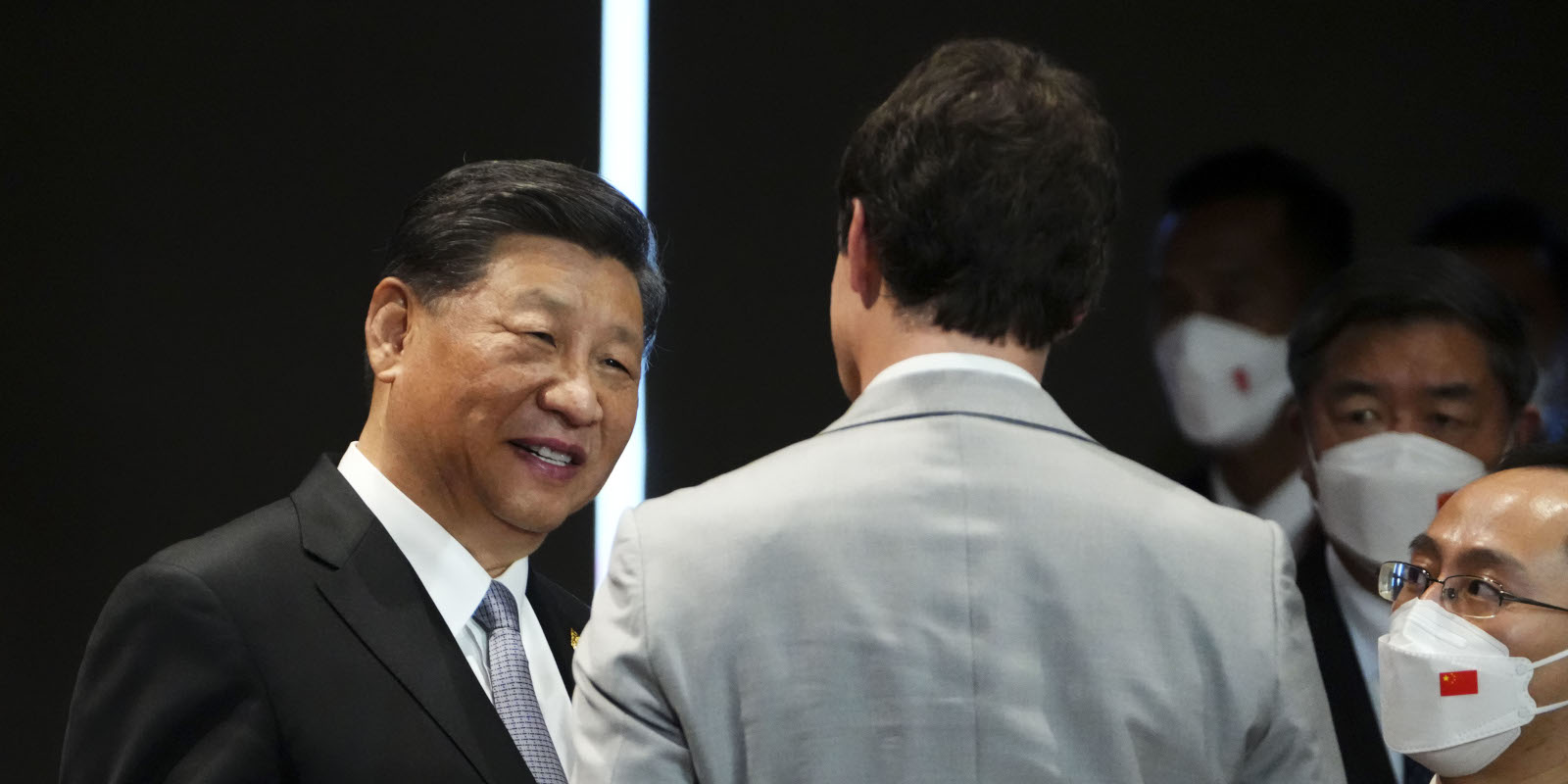Prime Minister Justin Trudeau said on Tuesday that he expects further retaliation from the Chinese government after expelling the diplomat responsible for an intimidation campaign against an MP’s family, but said that could be the cost of sending a message to the international community.
“We decided we needed to move forward in a responsible way to send a very clear message that we will not accept foreign interference and, regardless of whatever next choices they make, we will not be intimidated,” Trudeau told reporters on Tuesday.
Earlier this month, the Globe & Mail reported that Zhao Wei, a Chinese diplomat working in Toronto, had helped orchestrate an intimidation campaign in Hong Kong against relatives of Conservative MP Michael Chong.
On Monday, the government announced Zhao had been declared “persona non grata,” a term used to indicate a foreign diplomat is being expelled. Within hours, Canadian diplomat Jennifer Lynn Lalonde was expelled from the Consulate General of Canada in Shanghai.
Both Trudeau and Foreign Affairs Minister Mélanie Joly have suggested they expect further economic retaliation in the growing diplomatic spat.
Gordon Houlden, director emeritus of the China Institute at the University of Alberta, said any potential targeting of Canadian exports is unlikely to be portrayed as explicitly connected to the expulsion of Zhao.
“They don’t link it, they don’t say ‘we’re going to cut back your imports into China because they don’t like this,’ they virtually never do that, it just happens,” said Houlden.
In 2019 following the arrest of Huawei’s chief financial officer Meng Wanzhou, which enraged China, Canadian canola producers exporting their products to China reported that clearing Chinese customs and permitting had become far slower.
While the value of the exports recovered to $1.8 billion in 2021, the Canola Council of Canada estimated the industry lost up to $2.35 billion in sales between 2019 and 2020.
Other Canadian materials like iron ore exports to China, worth $2.7 billion in 2022, may be targeted, as could other sectors, said Karen Woods, co-founder of the Canadian Chinese Political Affairs Committee
Charles Burton, a senior fellow at the Macdonald Laurier Institute, said the Canadian government had no choice but to expel Zhao. He said Canada’s attitude towards tolerating intimidation of Chinese Canadians has changed since Trudeau became prime minister in 2015 with an agenda to expand economic ties with China.
“In the past, we felt that this was an acceptable cost to ensure that [China] would not impose restrictions on Canada’s access to China’s enormous market,” said Burton. “I think that moment has passed and the economic justification for appeasing China’s violations of the norms of the international rules-based order is definitely over.”
Burton said CSIS probably has a long list of agents working on behalf of China’s Ministry of State Security that could also be considered for expulsion.
“They are engaged in activities which violate their diplomatic status under the terms of the Vienna Convention,” said Burton.
Canada has expelled diplomats in the past, such as the expulsion of an Eritrean diplomat in 2013 for illegally soliciting money from the Eritrean diaspora. Woods, however, said taking the same course of action against Chinese diplomats is far more consequential.
“China is a superpower and Canada’s second largest trading partner while Eritrea is not,” said Woods. “Just think about the amount of hardship and difficulties China put our farmers through between 2019 and 2021 following the arrest of Meng Wanzhou.”
Zhao’s expulsion has been preceded by a downturn in Canada-China relations, including the Meng Wanzhou affair that resulted in two Canadians in China being taken hostage for nearly three years, and the rise of “wolf-warrior” diplomacy, an aggressive manner of conducting foreign relations, from Chinese diplomats around the world in response to perceived affronts.

“China can also place restrictions on tourists and international students,” said Woods. “China probably has more tools in its toolset to hurt Canada than the Trudeau government is willing to admit.”
In 2020, Chinese international students spent roughly $4 billion in Canada on tuition and other contributions to the economy, and many Canadian public universities are reliant on the expensive tuition fees paid by foreign students. Chinese tourists visiting Canada also generated $1.8 billion in 2019.
Despite likely retaliatory measures, Burton said the Chinese government will have more respect for Canada if it stands up for its principles.
Recommended for You

‘You have to meet bullying with counter-bullying’: David Frum on how Canada can push back against Trump’s trade negotiation tactics

Need to Know: Mark Carney’s digital services tax disaster

Kirk LaPointe: B.C.’s ferry fiasco is a perfectly Canadian controversy

‘Putin has no intention of stopping this war’: Sir Bill Browder on three years of war in Ukraine and how Russia is evading sanctions




